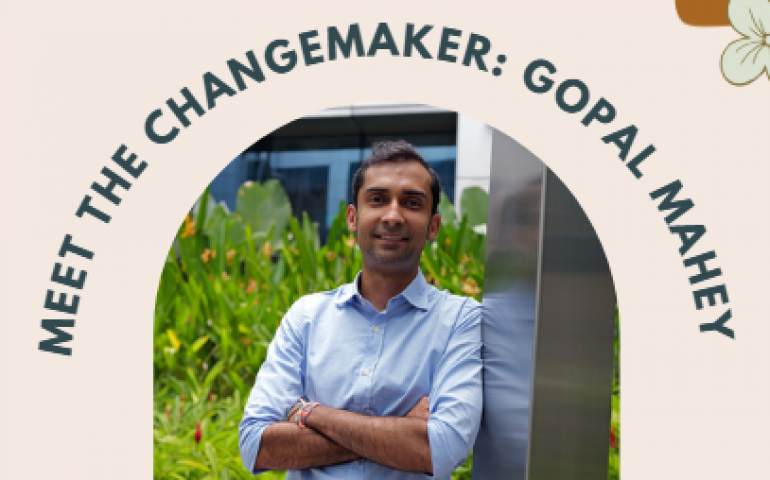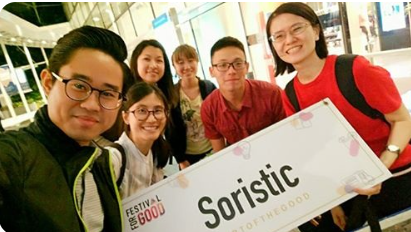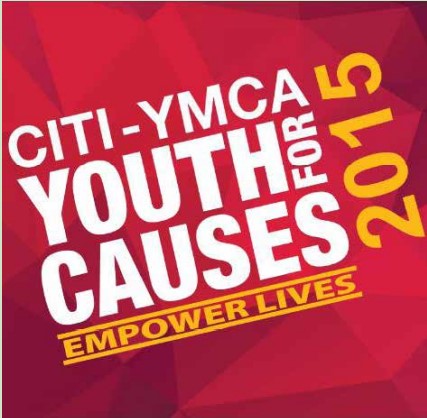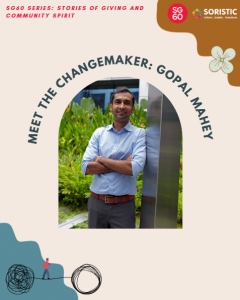
ABOUT GOPAL MAHEY
Gopal Mahey, who draws on his own lived experience of incarceration, is a Senior Counsellor and Psychotherapist (Forensic Rehabilitation) at the Centre for Psychotherapy (C4P).
He integrates professional expertise with personal insight to support justice-involved individuals through group therapy in Changi Prison and pro bono counselling for those unable to afford therapy.
ABOUT THE PACT PROGRAMME
Launched in January 2024 by the Centre for Psychotherapy (C4P), the Pathways to Accountability, Change and Transformation (PACT) programme addresses a critical gap in the justice system by providing pre-sentencing psychological and behavioural support.
As Gopal Mahey notes, while legal aid is often prioritised, offenders also need structured help to understand and address the root causes of their actions. PACT offers early rehabilitation through individual and family therapy, supported by a pro bono group for referred individuals from the State Courts and law firms.
Targeting first-time offenders and those facing addiction, mental health, or identity struggles, the programme has supported 147 participants to date, fostering rehabilitation, reducing reoffending, and promoting restorative justice.
Can you share your journey as a changemaker – and what has kept you motivated to continue?
My journey as a changemaker began after my own experience with the justice system, where I realised how limited mental health support was for individuals navigating legal proceedings. I witnessed the deep emotional and identity struggles that occur before sentencing, when confusion and shame are most intense, and found little help available during that critical time.
This inspired me to create the support I once needed. Together with my team at the Centre for Psychotherapy (C4P), we developed the Pathways to Accountability, Change and Transformation (PACT) Programme to guide individuals from investigation through sentencing, rehabilitation, and reintegration.
Seeing lives transformed, families reunited, and hope restored continues to drive my work today.
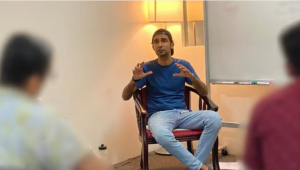
What kind of change are you trying to create, and who does it impact the most?
The change I am working toward is the creation of upstream rehabilitation for individuals who come into contact with the justice system.
Instead of waiting until a person is sentenced and institutionalized, I believe that change can begin much earlier, at the point of investigation because transformation does not have to occur only within institutions.
By initiating the process of desistance upstream, individuals are given the opportunity to take ownership of their actions and acknowledge the harm they have caused, thereby honoring the experiences of victims while preventing further harm.
This early intervention enables individuals to reconstruct their life journey through accountability and self-awareness, breaking cycles of shame and reoffending.
The ripple effect of such change extends beyond the individual, restoring relationships, protecting communities and transforming harm into healing by preventing its recurrence.
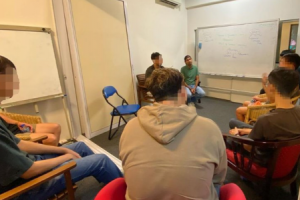
“One bad choice does not have to determine the rest of your life – this can also be a catalyst for change.” – Gopal Mahey
What challenges have you faced in your changemaking journey, and how did you overcome them?
In the early stages, sustaining the PACT programme was incredibly challenging, as we operated entirely pro bono without any funding or institutional support.
Despite the setbacks, my team and I committed 20% of our organisation’s revenue to subsidise clients, and over time, the measurable impact of our work helped us form meaningful collaborations, such as with NCSS.
Facing stigma because of my incarceration background, I often encountered rejection and doubt about my credibility. But I realised that I could choose to define myself rather than let others’ perceptions define me.
By embracing authenticity, courage and accountability, I decided to lead by example, showing that one’s past does not have to determine the ability to create meaningful change.
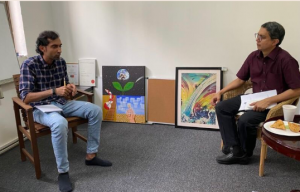
“We don’t need to be perfect to make an impact. Anyone can make an impact – it’s about addressing yourself first.” – Gopal Mahey
Who or what has made your changemaking journey possible?
Several people and groups have made this journey possible for me. My family, especially my wife, has been my anchor, offering unwavering support and the space I needed to do this work with integrity and heart.
My team, along with our partners and collaborators, has walked alongside me from the very beginning, often sacrificing their own time and resources while believing in the vision when few others did. They stood by me, saw me as a professional, and affirmed the value of the work we do for this often-overlooked community.
My clients have been my greatest teachers, and their courage continues to inspire me every day. I am grateful to accompany them through some of their most fragile and transformative moments.
Yet I see how difficult it remains for justice-involved individuals to access the help they truly need, as society’s bias and stigma persist.
I hope we can look beyond behaviour to recognise the human being, the story and the potential behind every struggle.
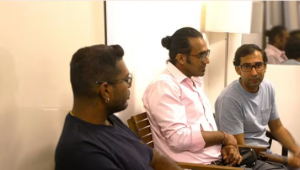
How has this journey changed you personally, and what are your hopes for the future?
This journey has deeply changed me. It has taught me gratitude for my own restoration, for my family, and for every client who allows me to be a part of their story.
I have grown as a professional by learning to honour both my clients’ lived experiences and my own. Sitting with people in their pain and witnessing their healing has reminded me that my struggles are not unique, and that helping others also helps me heal. Over time, I have become more aware of the person within the therapist, balancing professional training with the authenticity of lived experience.
Looking ahead, I hope to grow our team, expand our reach, and adapt our approaches as the world and its challenges evolve. I strive to remain empathetic and flexible, meeting clients with a real-world understanding of the factors that lead to offending. I have learned that therapy is not limited to a counselling room, and I bring it into courtrooms, prisons, and community spaces to meet clients where they are. This approach has transformed my practice and perspective, teaching me that supporting others through their struggles also eases my own burdens.
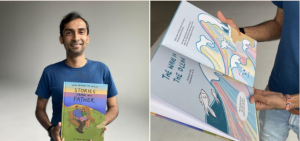
SG60 Series: Stories of Giving and Community Spirit
The SG60 Series is a storytelling and research initiative that reimagines philanthropy by spotlighting how everyday individuals, including those from disadvantaged backgrounds, are powerful changemakers in their own right.
We examine the challenges they face, the enablers that support them, and the impact they create. These insights offer ecosystem enablers a valuable opportunity to explore how they can better empower changemakers and catalyse grassroots action. Above all, the stories affirm that anyone can be a changemaker in their own way.
We are deeply grateful to all the changemakers who generously shared their journeys with us.

